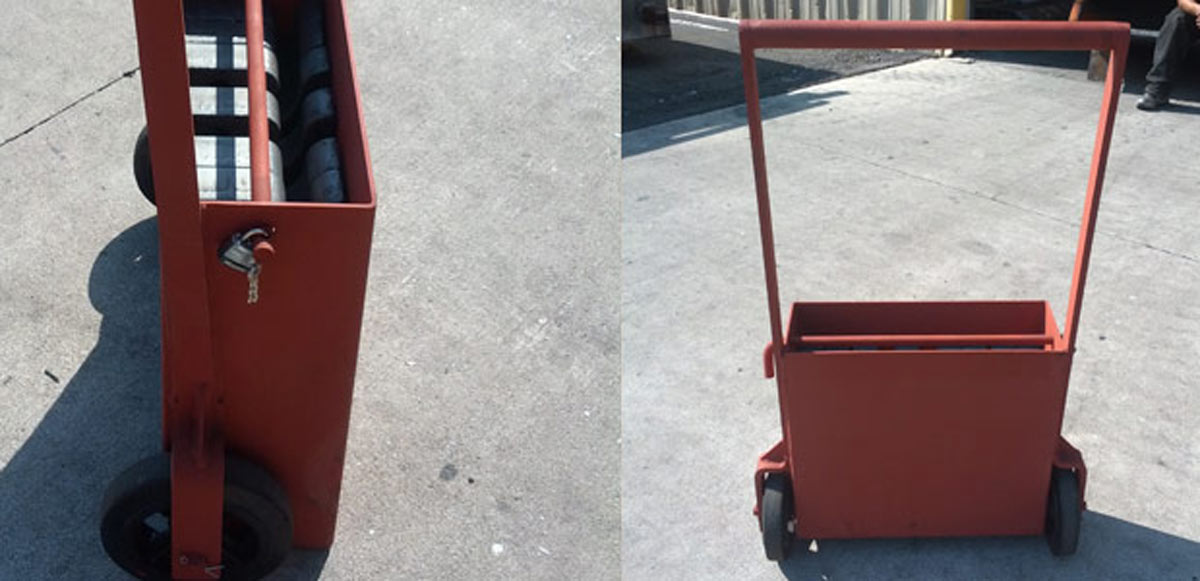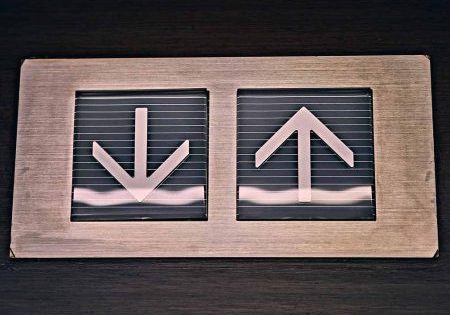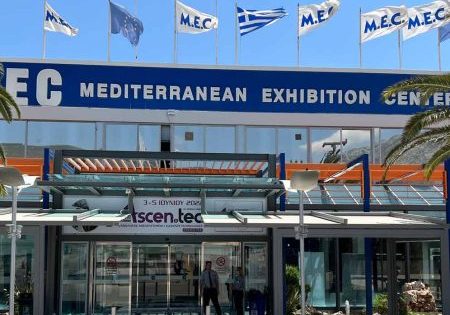Counterweight Plates and Tests Carts
Sep 1, 2022

Elevator weights retro-fit options
Elevator test weights are essential for ensuring the safety of the elevators that we take for granted in our daily lives. We see elevators everywhere. We use them without thought or worry (at least most of us), and we take it for granted that they are safe.
In practice, elevators work in a slightly different way from simple hoists. The elevator car is balanced by a heavy counterweight that weighs roughly the same amount as the car when it’s loaded half-full (in other words, the weight of the car itself plus 40-50% of the total weight it can carry). When the elevator goes up, the counterweight goes down — and vice-versa. These filler steel or lead counterweight plates are used for traction elevator systems.
When an elevator is upgraded, steel counterweight plates are often selected but typically do not reach the required weight because there is often not enough headroom left to fill the space. The substitute is lead counterweight plates that offer approximately 45% more weight for the same sized steel weights. Lead is denser than steel, and when headroom is at a premium, then lead counterweight plates are the best choice.
New elevator construction is not usually done with lead counterweights, but when the end user wants or needs to increase an existing elevator’s capacity, it requires a new counterweight. The company performing the upgrade can remove the existing steel or cast-iron weights until they reach the point where a corresponding stacked height of lead counterweights will provide the necessary weight to counterbalance the new weight capacity. Each weight the contractor removes is being replaced with a weight that is 45% heavier. Re-counterweighting the elevator becomes a simple math problem. Lead is often the only substitute that will do the job.
At Mars Metal, we start each order process with the customer’s elevator counterweight drawing, and if the requirement is for lead elevator counterweight filler plates, then a custom steel mold is made by laser or waterjet cutting steel plates. This is followed by welding the components to produce an open-top mold that liquid molten lead is poured into and, once solidified, is cracked out of the mold. If the requirement is for steel counterweights, then we draw from our inventory of secondary steel plate and burn the counterweight profile. Before production begins a detailed dimensional approval, a drawing is made for the client to review, sign and approve.
After you have retrofitted your elevator with new counterweights, they require testing. Elevator test weight carts are a critical component in the testing and certification of elevators. Elevator service and repair companies use them regularly.
Mars Metal manufactures and supplies both leaded and steel counterweight plates, as well as the steel elevator carts used for testing.
Get more of Elevator World. Sign up for our free e-newsletter.









